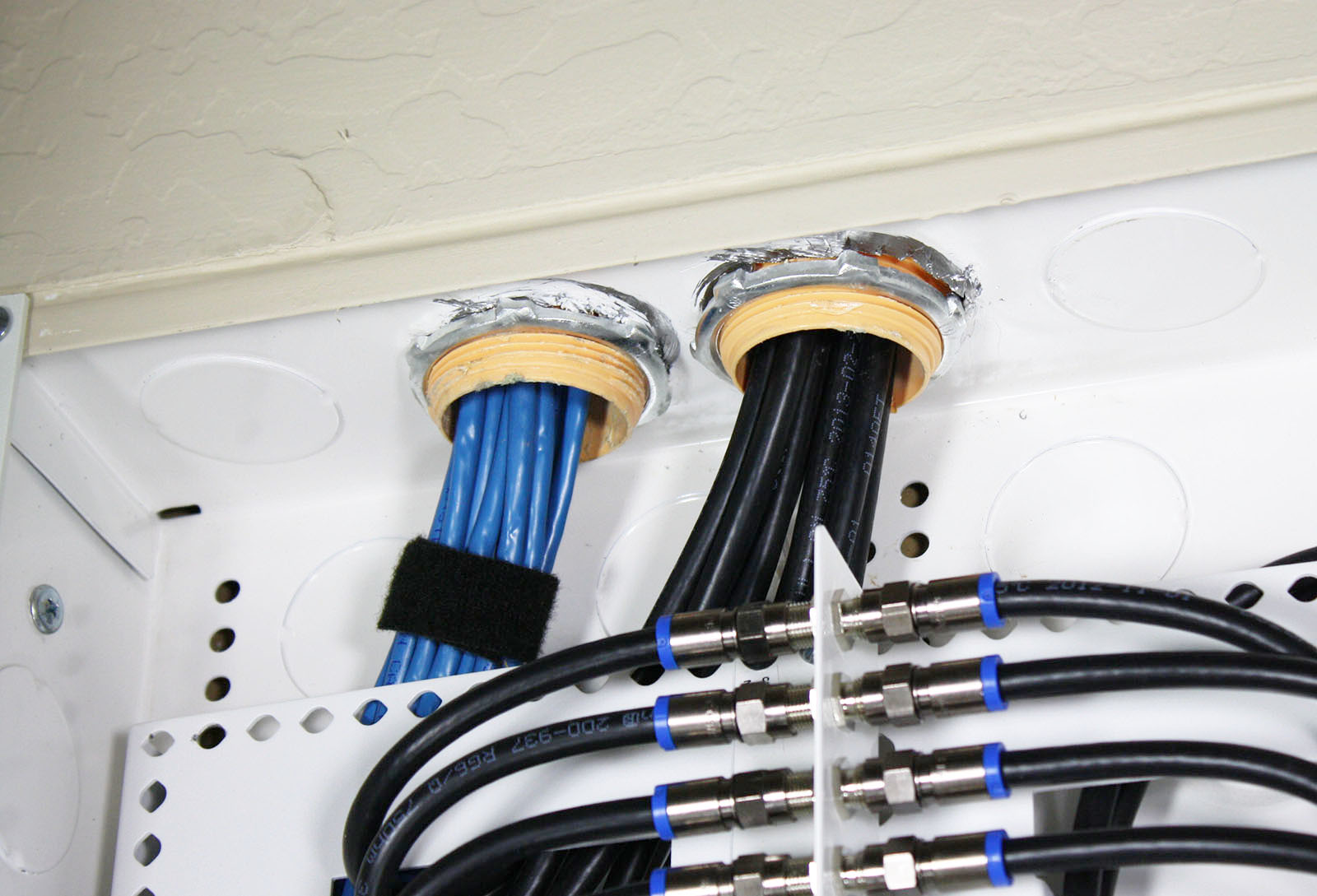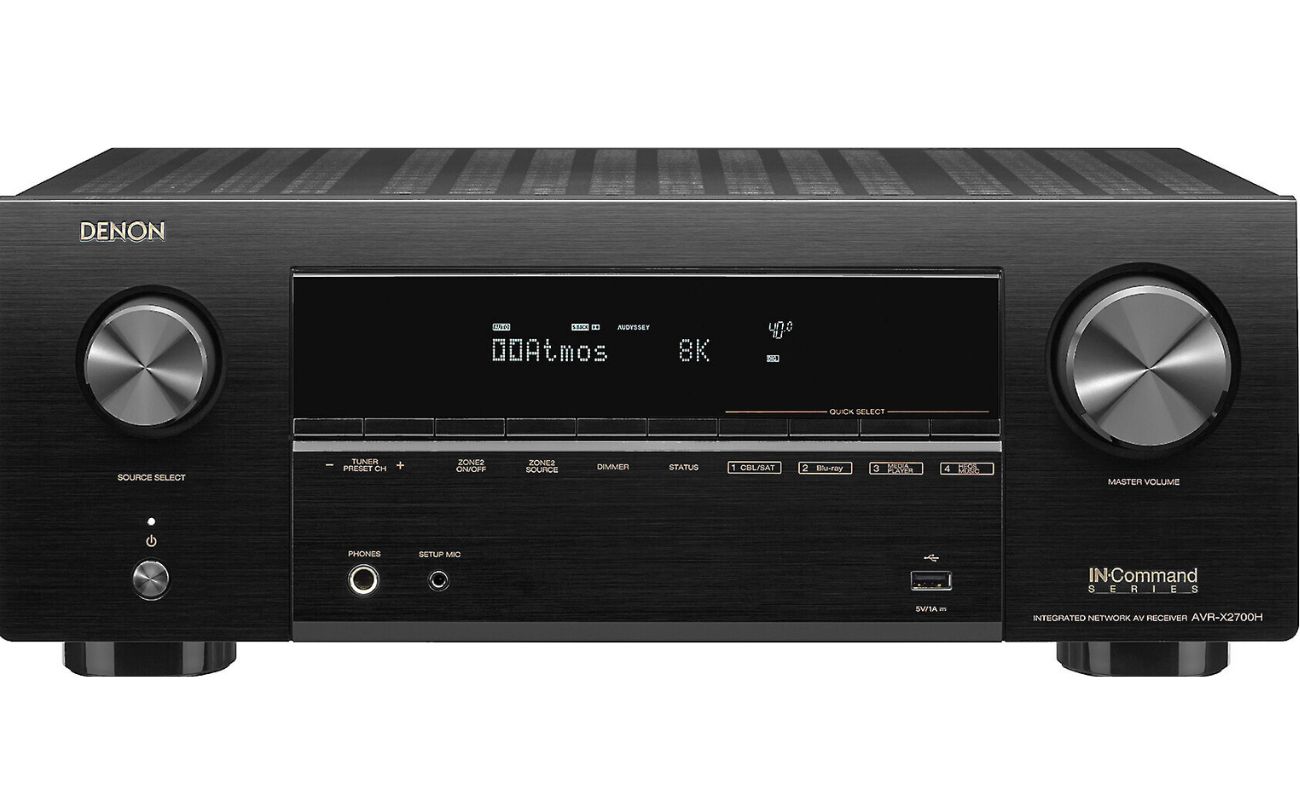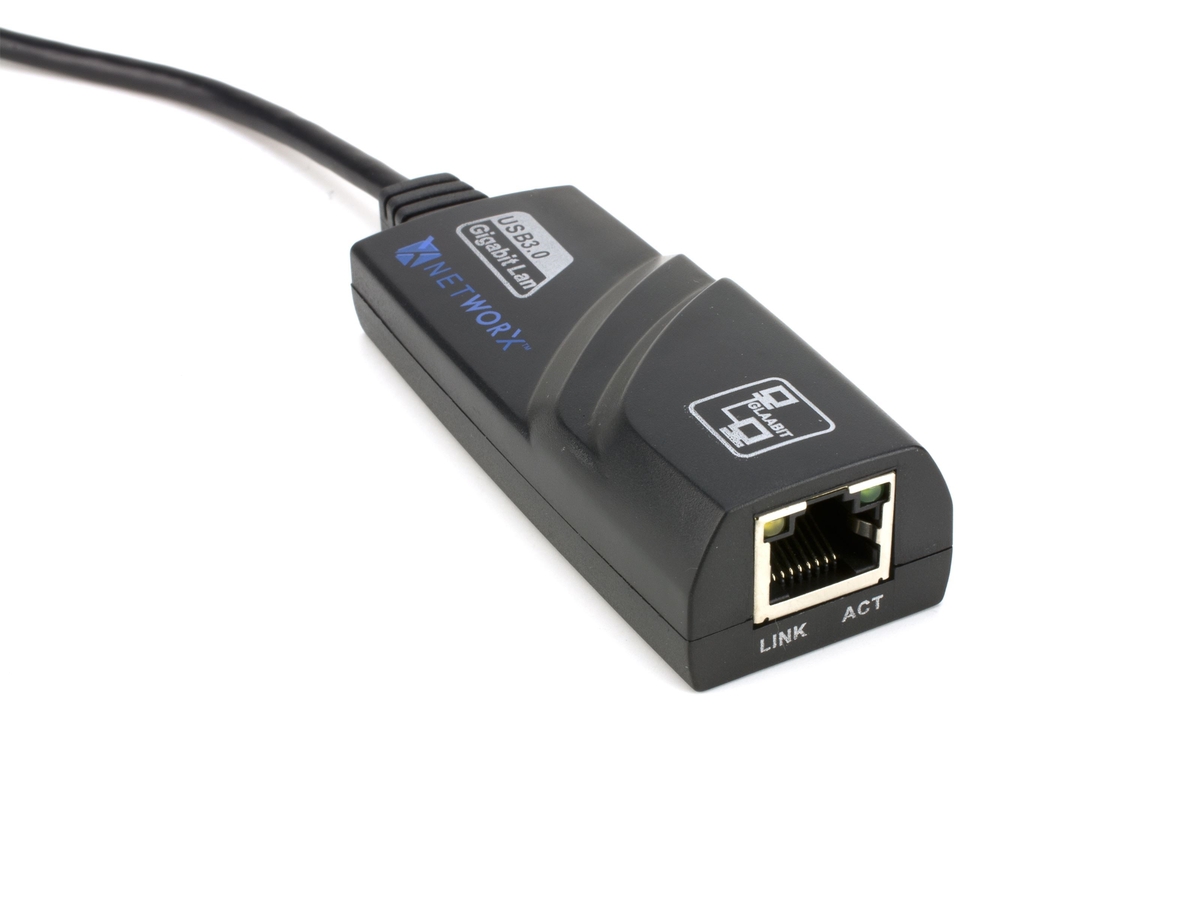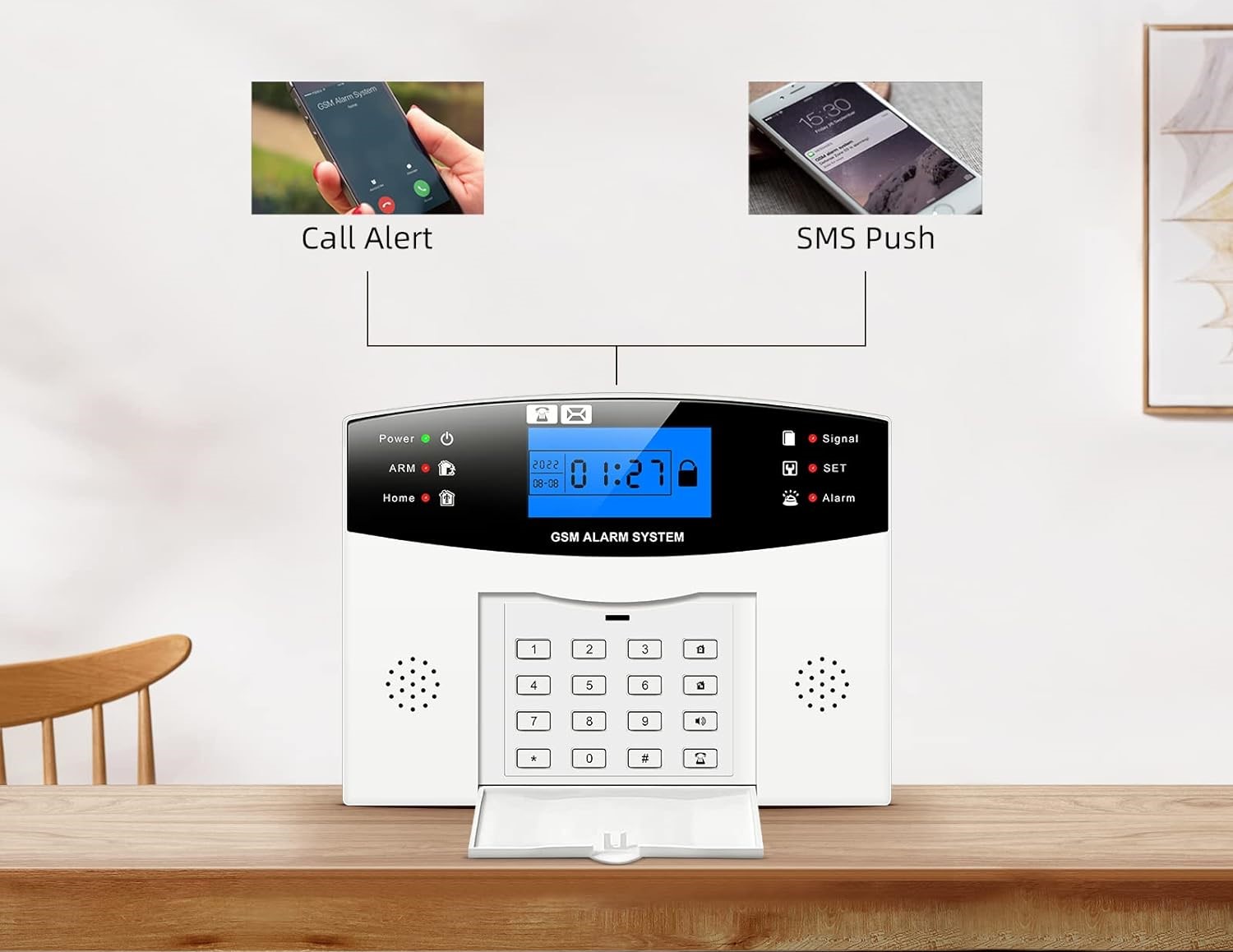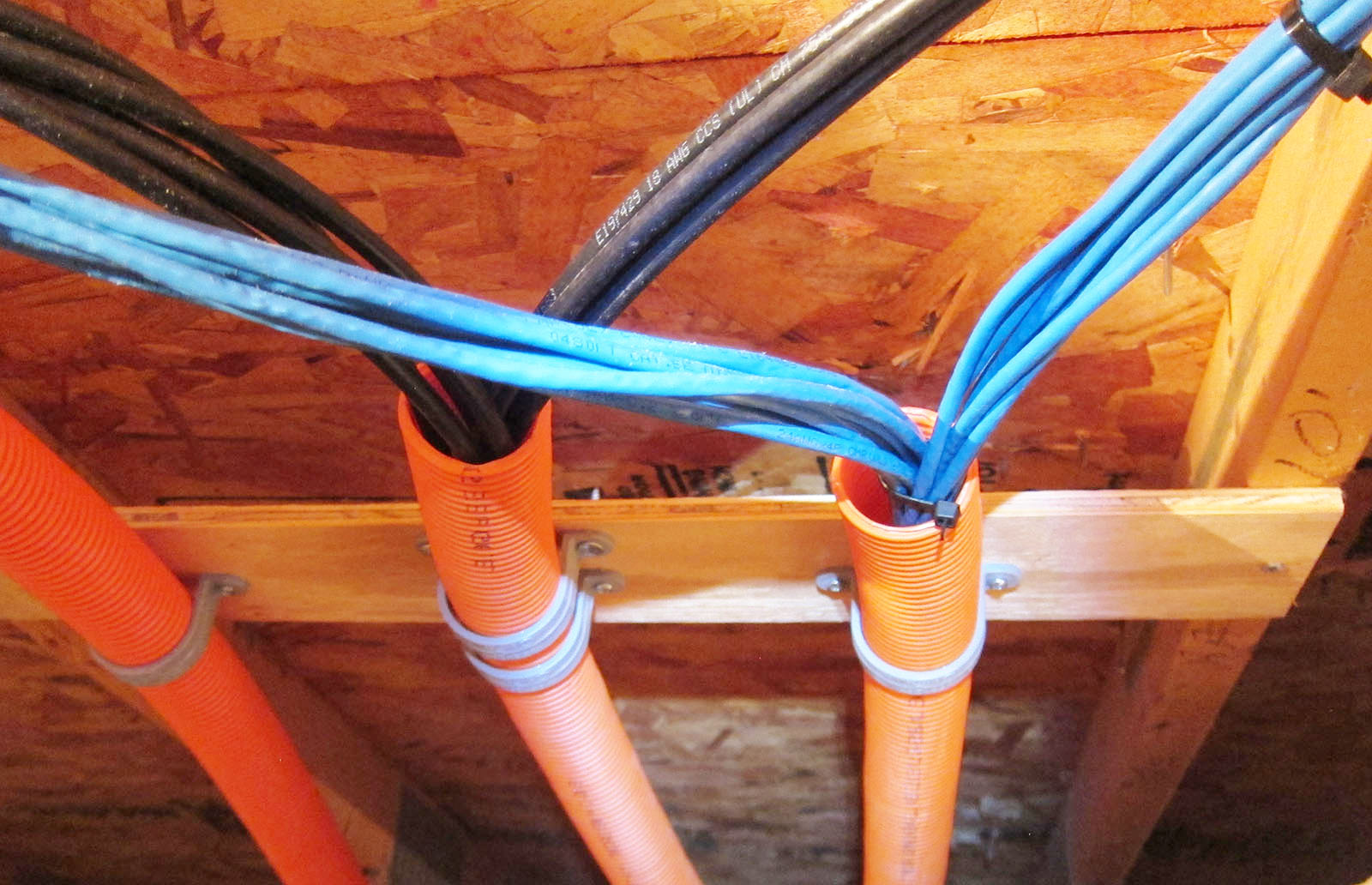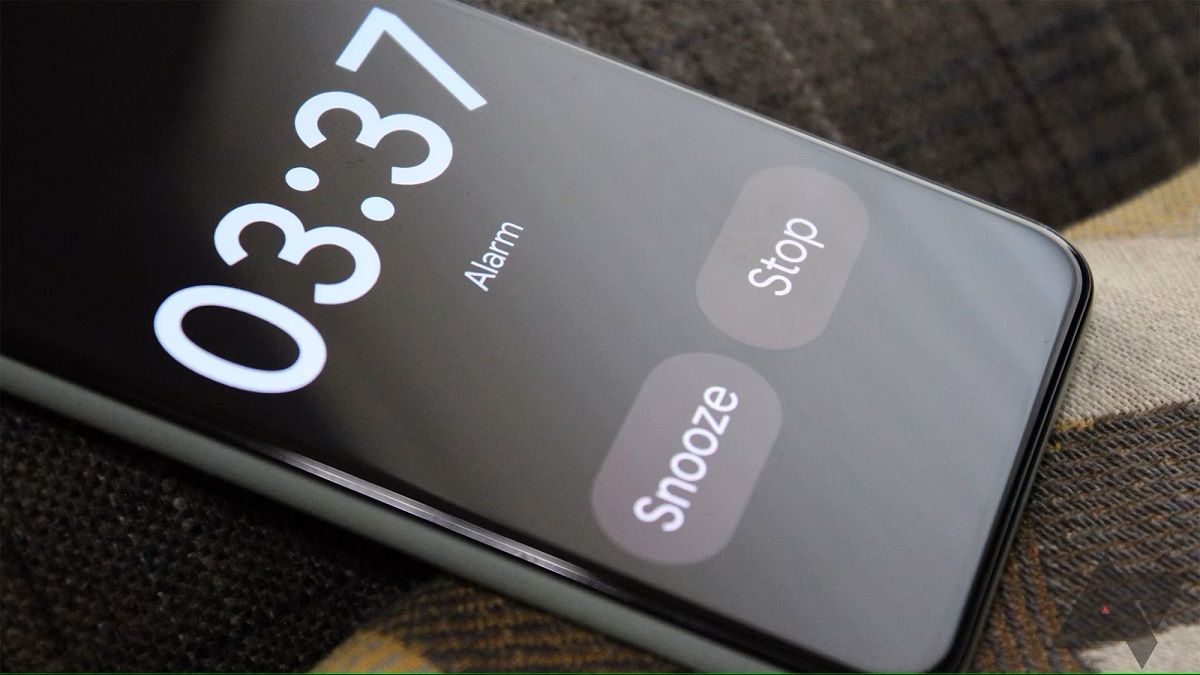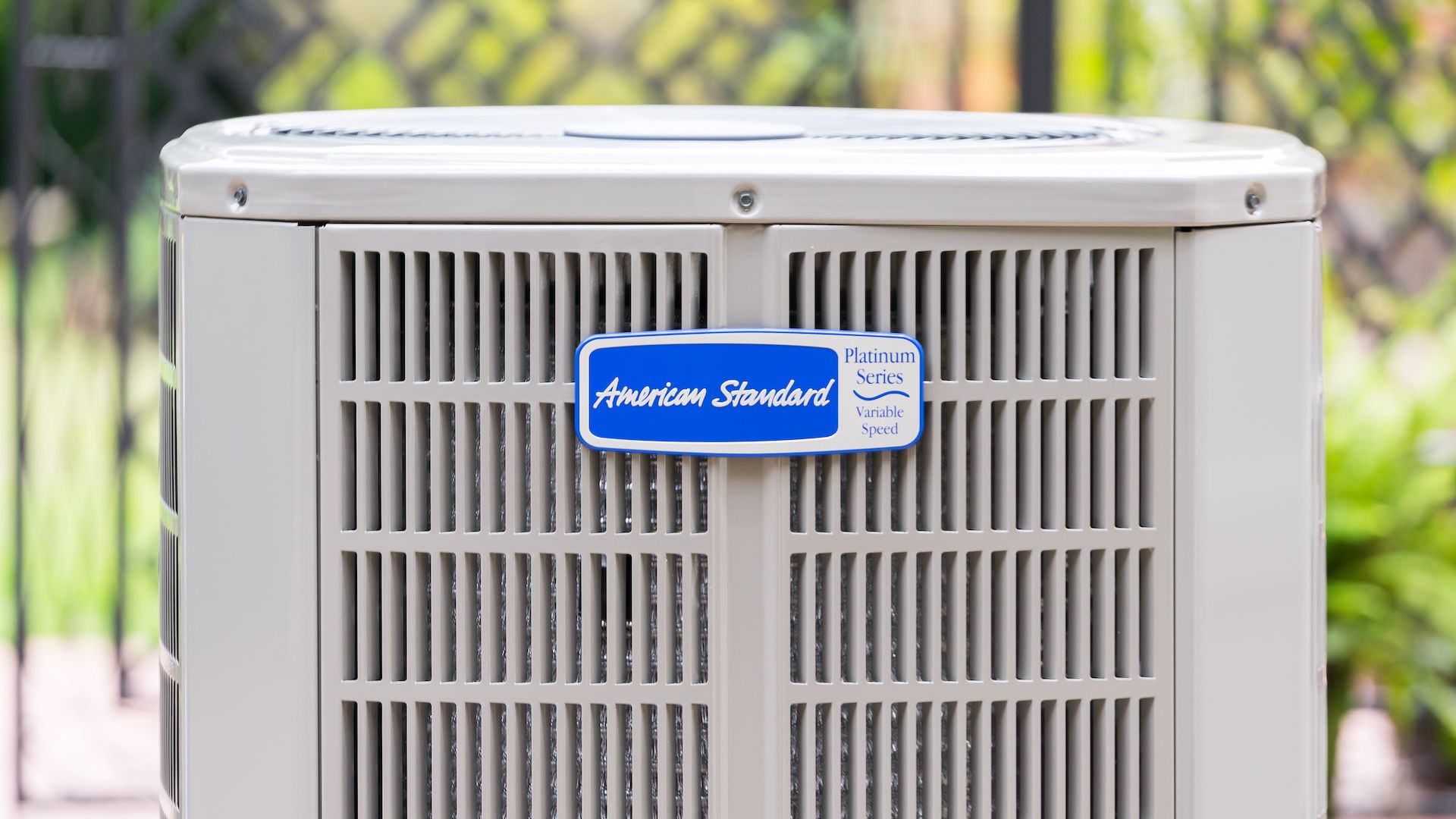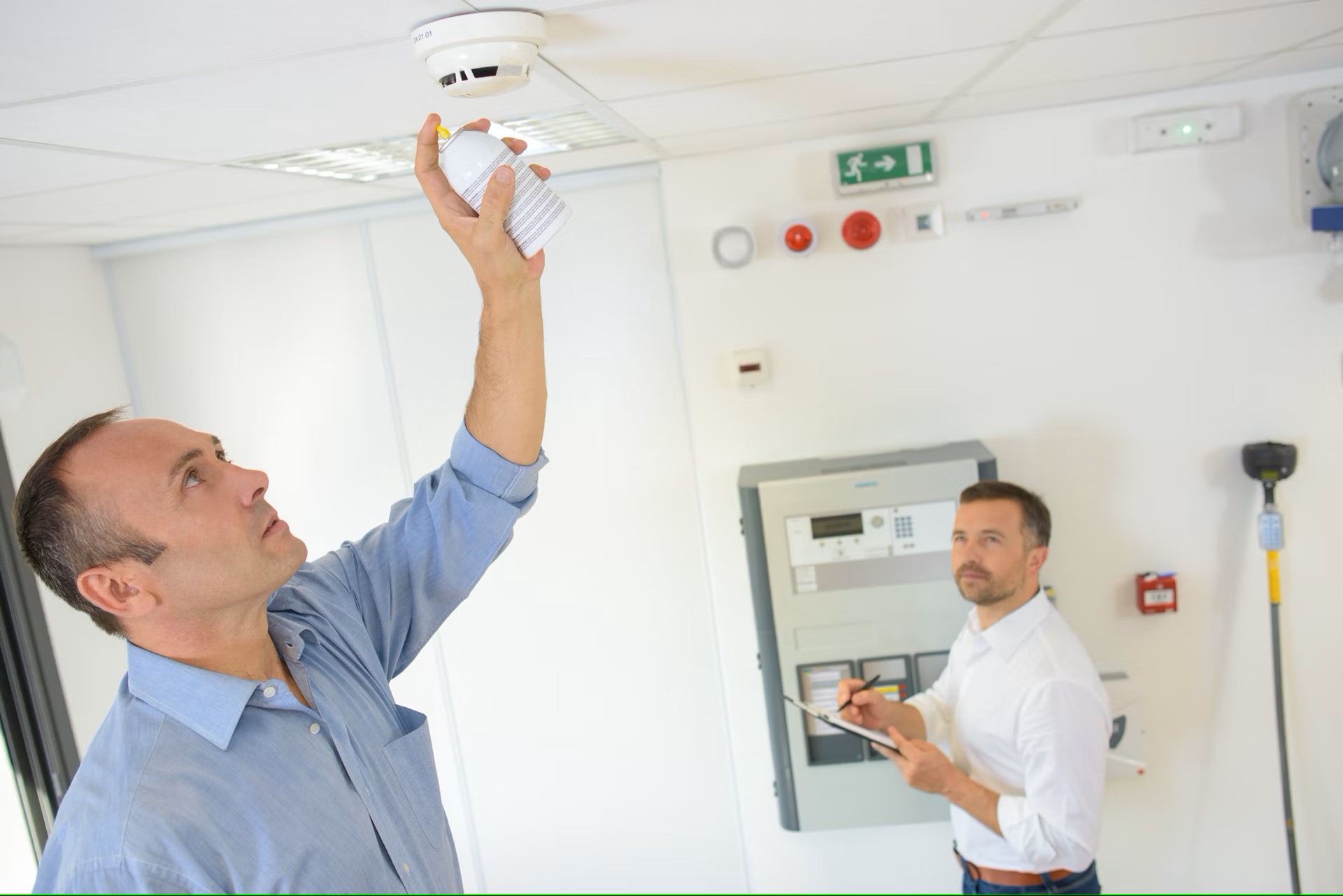Home>Home Security and Surveillance>What Network Standards Receive Interference From Mobile Phones For Alarm Systems
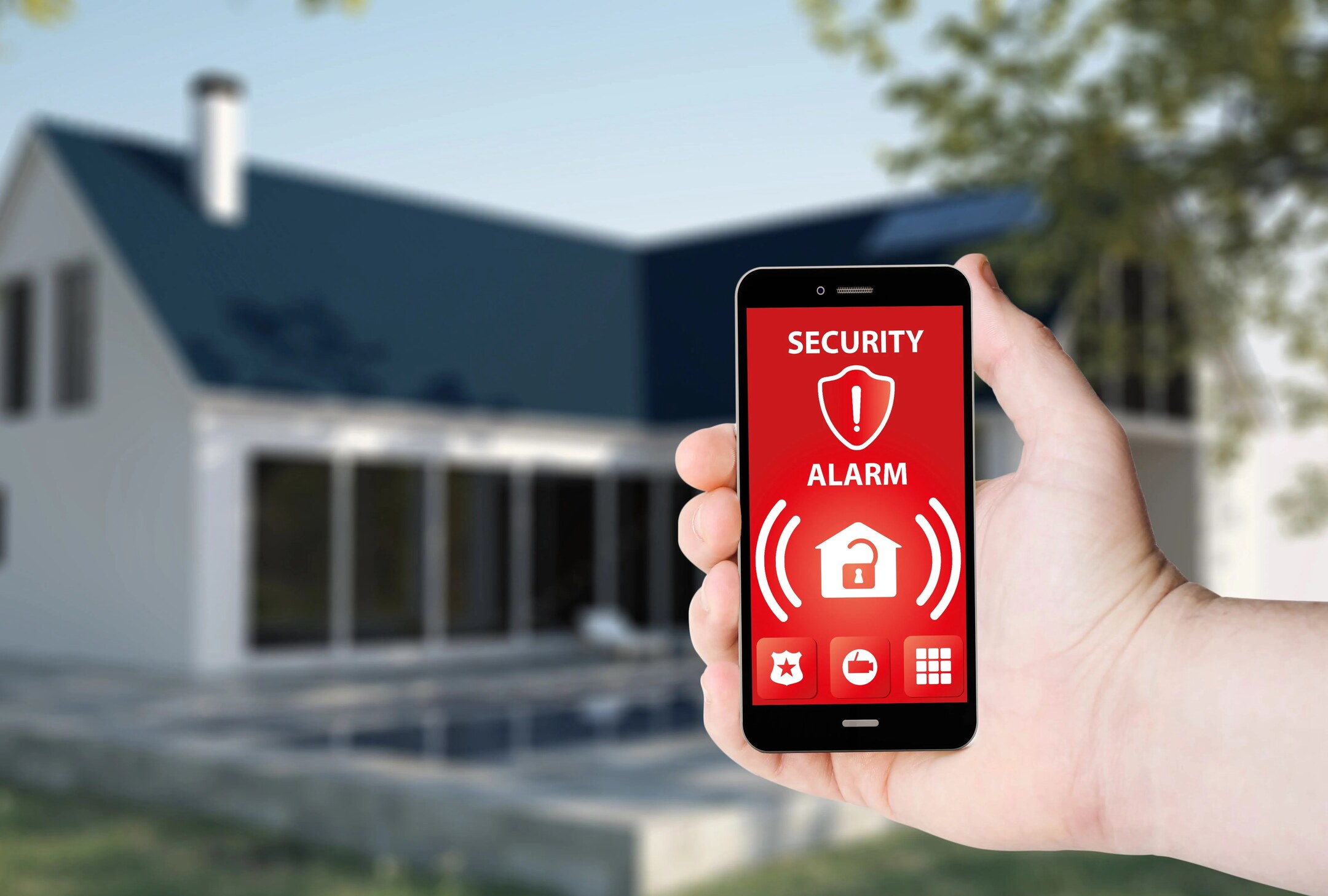

Home Security and Surveillance
What Network Standards Receive Interference From Mobile Phones For Alarm Systems
Modified: March 6, 2024
Ensure the reliability of your home security and surveillance systems by understanding which network standards are susceptible to interference from mobile phones.
(Many of the links in this article redirect to a specific reviewed product. Your purchase of these products through affiliate links helps to generate commission for Storables.com, at no extra cost. Learn more)
Introduction
Welcome to the world of home security and surveillance, where the protection of your loved ones and your valuable possessions is of utmost importance. In today’s fast-paced and interconnected society, mobile phones have become an integral part of our daily lives, offering convenience and communication at our fingertips. However, as convenient as they may be, mobile phones can also introduce interference that can impact the performance of home security alarm systems. Understanding the potential interference that mobile phones can cause is crucial in ensuring the reliability and effectiveness of your home security system.
Mobile phones operate using various network standards, such as GSM, CDMA, 3G, 4G/LTE, and the emerging technology of 5G. Each of these network standards has the potential to interfere with the wireless signals used by home security alarm systems. The interference can disrupt the communication between the alarm system components, compromising their ability to detect and respond to potential threats effectively.
In this article, we will explore the different network standards and their potential interference with home security alarm systems. We will also discuss strategies to mitigate this interference, ensuring the seamless operation of your home security system.
Key Takeaways:
- Mobile phones can interfere with home security alarm systems due to their network standards like GSM, CDMA, 3G, 4G/LTE, and 5G, potentially disrupting communication and causing false alarms.
- Mitigation strategies such as frequency management, proper installation, antenna placement, and advanced signal processing can minimize the impact of mobile phone interference on wireless alarm systems, ensuring reliable performance.
GSM Interference
GSM (Global System for Mobile Communications) is a widely used network standard for mobile phones. It operates in the 900 MHz and 1800 MHz frequency bands, and it can potentially interfere with wireless alarm systems that operate in a similar frequency range.
The GSM interference can occur when the alarm system and the mobile phone are in close proximity to each other. The mobile phone’s transmission signals can overlap with the wireless signals used by the alarm system, leading to signal disruption and false alarms.
To mitigate GSM interference, home security alarm systems often utilize frequency hopping technology. This technology allows the alarm system to switch rapidly between different frequencies, minimizing the chances of overlapping with mobile phone signals. Additionally, using proper antenna placement and shielding can help reduce the impact of GSM interference on the alarm system.
It is important to note that GSM interference may not always occur consistently. Factors such as the distance between the alarm system components and the mobile phone, the strength of the cellular signal, and the specific design and implementation of the alarm system can influence the occurrence and severity of interference.
If you are experiencing GSM interference with your home security alarm system, consider consulting with a professional installer or technician. They can provide guidance on optimizing your system’s performance and implementing effective mitigation strategies to minimize the impact of GSM interference.
CDMA Interference
CDMA (Code Division Multiple Access) is another popular network standard used by mobile phones. It operates in the 800 MHz and 1900 MHz frequency bands and can potentially cause interference with wireless alarm systems.
Similar to GSM interference, CDMA interference can occur when the alarm system and the mobile phone are in close proximity to each other. The CDMA signals emitted by the mobile phone can overlap with the wireless signals used by the alarm system, leading to signal distortion and potential false alarms.
To mitigate CDMA interference, wireless alarm systems often employ advanced digital signal processing techniques. These techniques help to distinguish between the alarm signals and the CDMA interference, minimizing the impact on the system’s performance.
In addition, proper installation and placement of the alarm system components can help reduce the chances of CDMA interference. Ensuring that the alarm system’s control panel, sensors, and other devices are positioned away from areas where mobile phones are commonly used can minimize the risk of interference.
It is important to note that the severity of CDMA interference can vary depending on several factors, including the distance between the alarm system and the mobile phone, the strength of the CDMA signal, and the specific design and implementation of the alarm system.
If you are experiencing CDMA interference with your home security alarm system, consider consulting with a professional installer or technician. They can assess your system’s performance and recommend appropriate mitigation strategies to minimize the impact of CDMA interference.
3G Interference
3G (Third Generation) is a mobile network standard that operates in the 850 MHz and 1900 MHz frequency bands. While it offers faster data transfer speeds compared to its predecessors, it can also potentially cause interference with wireless alarm systems.
3G interference can occur when the alarm system and the 3G mobile phone are in close proximity to each other. The 3G signals emitted by the mobile phone can overlap with the wireless signals used by the alarm system, resulting in signal distortion and potential disruption to the system’s performance.
Wireless alarm systems have implemented various techniques to mitigate 3G interference. These techniques include advanced signal processing algorithms and improved receiver sensitivity to filter out and distinguish between alarm signals and 3G interference. Additionally, similar to mitigating GSM and CDMA interference, proper placement and shielding of alarm system components can help minimize the impact of 3G interference.
It is important to note that the severity of 3G interference can vary depending on factors such as the distance between the alarm system and the 3G mobile phone, the strength of the 3G signal, and the specific design and implementation of the alarm system.
If you are experiencing 3G interference with your home security alarm system, it is advisable to seek assistance from a professional installer or technician. They can assess your system’s performance, identify the sources of interference, and recommend appropriate mitigation strategies to ensure reliable operation of your alarm system.
4G/LTE Interference
4G/LTE (Fourth Generation/Long-Term Evolution) is the latest mobile network standard offering faster data speeds, lower latency, and improved network performance. While 4G/LTE brings many benefits, it can also introduce potential interference with wireless alarm systems.
4G/LTE interference can occur when the alarm system and the 4G/LTE mobile phone are in close proximity to each other. The 4G/LTE signals emitted by the mobile phone can overlap with the wireless signals used by the alarm system, leading to signal distortion and possible disruption to the system’s performance.
To mitigate 4G/LTE interference, wireless alarm systems utilize advanced signal processing techniques and enhanced receiver sensitivity. These features allow the system to differentiate between the alarm signals and the 4G/LTE interference, ensuring the reliable operation of the alarm system even in the presence of strong 4G/LTE signals.
In addition, proper installation and placement of the alarm system components can help reduce the impact of 4G/LTE interference. Ensuring that the alarm system’s control panel, sensors, and other devices are positioned away from areas with strong 4G/LTE signal coverage can minimize the risk of interference.
It is important to note that the severity of 4G/LTE interference can vary depending on factors such as the distance between the alarm system and the 4G/LTE mobile phone, the strength of the 4G/LTE signal, and the specific design and implementation of the alarm system.
If you are experiencing 4G/LTE interference with your home security alarm system, it is recommended to consult with a professional installer or technician. They can assess your system’s performance, identify the sources of interference, and provide guidance on implementing effective mitigation strategies.
When setting up alarm systems, avoid using network standards such as 2G, 3G, and 4G, as they can receive interference from mobile phones. Instead, opt for network standards like Wi-Fi or landline connections for more reliable performance.
Read more: What Is A Receiving Blanket
5G Interference
5G is the fifth generation of mobile network technology that promises significantly faster speeds, lower latency, and enhanced connectivity. With the deployment of 5G networks, concerns have been raised regarding potential interference with wireless alarm systems.
5G interference can occur when the alarm system and the 5G mobile phone are in close proximity to each other. The high-frequency signals used by 5G networks, typically in the millimeter-wave range, have a shorter wavelength and limited propagation compared to previous network generations. This can potentially lead to increased sensitivity to obstacles and a higher likelihood of signal disruption.
However, it is important to note that the impact of 5G interference on wireless alarm systems is still being studied and is influenced by various factors such as distance, building materials, and the operating frequency of the alarm system. Alarm system manufacturers are actively working on designing and implementing safeguards to mitigate the potential interference from 5G networks.
To minimize the risk of 5G interference, wireless alarm systems are being developed with advanced filtering and frequency management techniques. These techniques aim to distinguish between the alarm signals and the 5G interference, ensuring the alarm system’s reliable operation even in the presence of 5G networks.
If you are concerned about potential 5G interference with your home security alarm system, it is advisable to consult with a professional installer or technician who is knowledgeable about the latest developments in alarm system technology. They can provide valuable insights and recommend appropriate mitigation strategies to ensure the continued effectiveness of your home security system in the 5G era.
It is worth noting that as 5G networks continue to evolve and expand, ongoing research and technological advancements will play a crucial role in minimizing potential interference and ensuring the seamless integration of wireless alarm systems with this new network standard.
Wireless Alarm Systems and Mobile Phone Interference
Wireless alarm systems rely on wireless signals to communicate between the various components, including the control panel, sensors, and detectors. The use of mobile phones within the proximity of these systems can potentially introduce interference that may affect their performance.
Mobile phone interference can manifest in different ways, ranging from signal disruption to false alarms. The interference can occur when the frequencies used by mobile phones overlap with those used by the wireless alarm system. This interference can disrupt the communication between the alarm system components, leading to decreased reliability and effectiveness in detecting and responding to potential threats.
It’s important to note that mobile phone interference may not occur in all cases, and its severity can vary depending on factors such as proximity, signal strength, and the specific design and implementation of the alarm system. However, it is essential to be aware of the potential risks to ensure the optimal performance of your wireless alarm system.
Fortunately, there are several strategies to mitigate mobile phone interference and reduce its impact on wireless alarm systems:
- Proper system design and installation: Ensuring that the alarm system components are correctly installed and positioned away from areas where mobile phones are commonly used can help minimize the risk of interference.
- Frequency management: Wireless alarm systems often utilize frequency hopping or advanced signal processing techniques to minimize the chances of overlapping with mobile phone signals.
- Antenna placement and shielding: Carefully positioning antennas and implementing proper shielding can help reduce the impact of mobile phone interference on the alarm system.
- Professional guidance: Consulting with a professional installer or technician who specializes in wireless alarm systems can provide valuable insights and guidance on optimizing system performance and implementing effective mitigation strategies.
By implementing these strategies and staying informed about the potential risks of mobile phone interference, you can ensure that your wireless alarm system maintains its reliability and effectiveness in protecting your home and loved ones.
Mitigation Strategies for Mobile Phone Interference
Mobile phone interference can impact the performance of wireless alarm systems, compromising their ability to detect and respond to potential threats effectively. Fortunately, there are several mitigation strategies that can help reduce the impact of mobile phone interference:
- Frequency Management: Wireless alarm systems often employ frequency hopping or spread spectrum techniques to mitigate interference from mobile phones. These techniques involve rapidly switching between different frequencies, minimizing the chance of overlapping with mobile phone signals. By using a wider frequency range and dynamically adjusting the operating frequency, the alarm system can maintain reliable communication even in the presence of mobile phone signals.
- Proper Installation: The proper installation of the alarm system’s components can significantly reduce the risk of mobile phone interference. Ensure that the control panel, sensors, and detectors are positioned away from areas where mobile phones are commonly used, such as near charging stations or active call areas. Additionally, consider using shielding materials or installing signal-blocking enclosures around the alarm system components to limit interference.
- Antenna Placement: The placement of antennas is crucial in optimizing the wireless signal reception and minimizing interference. Position the antennas away from areas with high mobile phone activity and ensure they are properly oriented for optimal signal transmission and reception. Additionally, consider using directional antennas to focus the signal in a specific direction and minimize potential interference from mobile phones.
- Signal Booster/Repeater: If the wireless alarm system is experiencing significant interference from mobile phones in certain areas of your home or property, consider installing a signal booster or repeater. These devices amplify and enhance the wireless signals, compensating for the interference caused by mobile phones and improving the overall performance of the alarm system.
- Advanced Signal Processing: Wireless alarm systems often incorporate advanced signal processing algorithms to filter out unwanted noise and interference caused by mobile phones. These algorithms can distinguish between legitimate alarm signals and interference, reducing the chances of false alarms and improving the system’s overall reliability.
- Regular System Maintenance: Periodic maintenance of the alarm system, including checking for any signal interference issues, can help identify and address mobile phone interference promptly. Inspect the system’s components, antennas, and cables for any signs of damage or degradation that may impact performance. Regular maintenance ensures that the system remains robust and capable of operating optimally in the presence of mobile phone signals.
By implementing these mitigation strategies, you can minimize the impact of mobile phone interference on your wireless alarm system and ensure its reliability in detecting and responding to potential threats. However, it is important to consult with a professional installer or technician to assess your specific system requirements and recommend the most effective mitigation measures tailored to your needs.
Conclusion
Ensuring the security and safety of your home and loved ones is a top priority, and having a reliable alarm system is a critical component of a comprehensive security plan. However, the presence of mobile phones can introduce interference that can affect the performance of wireless alarm systems.
Throughout this article, we have explored the various network standards and their potential interference with wireless alarm systems. From GSM and CDMA to 3G, 4G/LTE, and the emerging 5G technology, each network standard has the potential to disrupt the communication between alarm system components, compromising their ability to function effectively.
To mitigate the risks of mobile phone interference, implementing proper frequency management, strategic installation and placement of components, antenna positioning, and advanced signal processing techniques are important factors to consider. Additionally, seeking professional guidance and performing regular system maintenance can also contribute to minimizing the impact of interference and ensuring the reliable operation of your alarm system.
It is crucial to stay vigilant and proactive in understanding and addressing the potential risks associated with mobile phone interference. By being aware of these challenges and implementing the appropriate mitigation strategies, you can enjoy the peace of mind that your wireless alarm system is operating at its full potential and providing reliable security for your home.
Remember, in the ever-evolving landscape of communication technology, staying informed and adapting to new advancements will be key factors in maintaining the effectiveness of your home security system. Consult with professionals, stay up to date with the latest technologies, and continue to prioritize the safety and security of your home and loved ones.
Frequently Asked Questions about What Network Standards Receive Interference From Mobile Phones For Alarm Systems
Was this page helpful?
At Storables.com, we guarantee accurate and reliable information. Our content, validated by Expert Board Contributors, is crafted following stringent Editorial Policies. We're committed to providing you with well-researched, expert-backed insights for all your informational needs.
